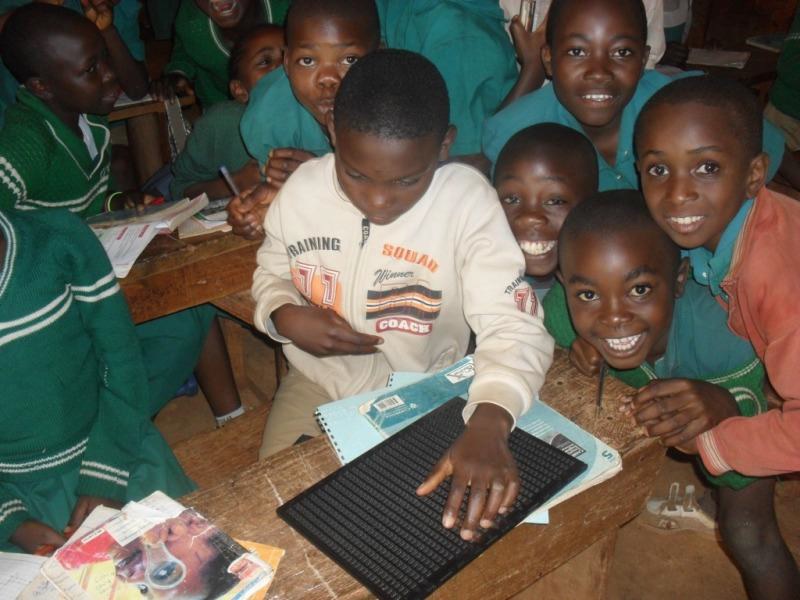
CBC Primary School Kumbo
Since the 20th century growing bodies of literature on policy statements and research including international debates have been concerned with the issue of inclusion in contradistinction to segregation. This has provoked reactions on whether Special Education
should be continued as a model of education. Emerging views resonated the significance of inclusion, which values all, respects their differences, and enables the full participation of all learners in educational activities and address a sense of belonging for all. This report
echoed the various international mechanisms reinforcing that education is the right of all children. The psychosocial concerns in the rights hypothesis is to fight against all emerging reductionist factors such as prejudice, discrimination and marginalization that persons in
disadvantaged conditions suffer. This study focused on rights and needs rather than categories of disabilities adopted the social model of inclusion that is based on democratic values. Accordingly, inclusive education has emerged as a global movement that seeks to
challenge exclusionary practices, embodying beliefs and principles that every learner has a fundamental right to learn with psychosocial support to meet different needs. Special education is instruction that is specifically designed to meet the unique needs of children
with disabilities so they may learn the information and skills that other children are learning.
Download the full article here
Situational Analysis on the Policies, Practices and Barriers to Inclusive


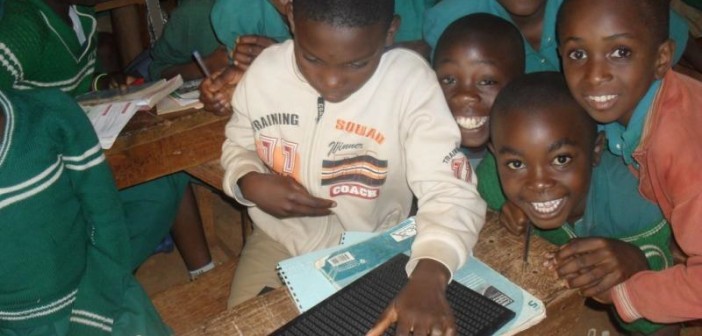
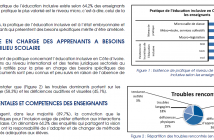
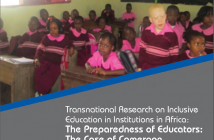
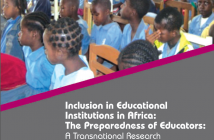
1 Comment
I would like to appreciate the initiative of the University of Buea UNESCO CHAIR for opening Cameroon to the World through this website, such that we can be as well present at the corssroads of giving and receiving of global village.